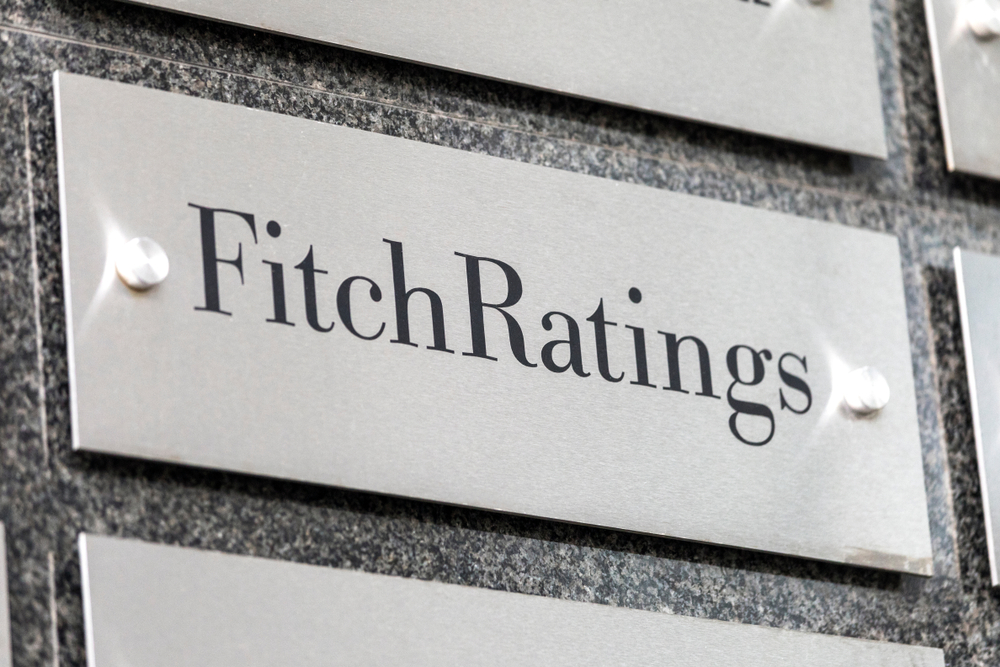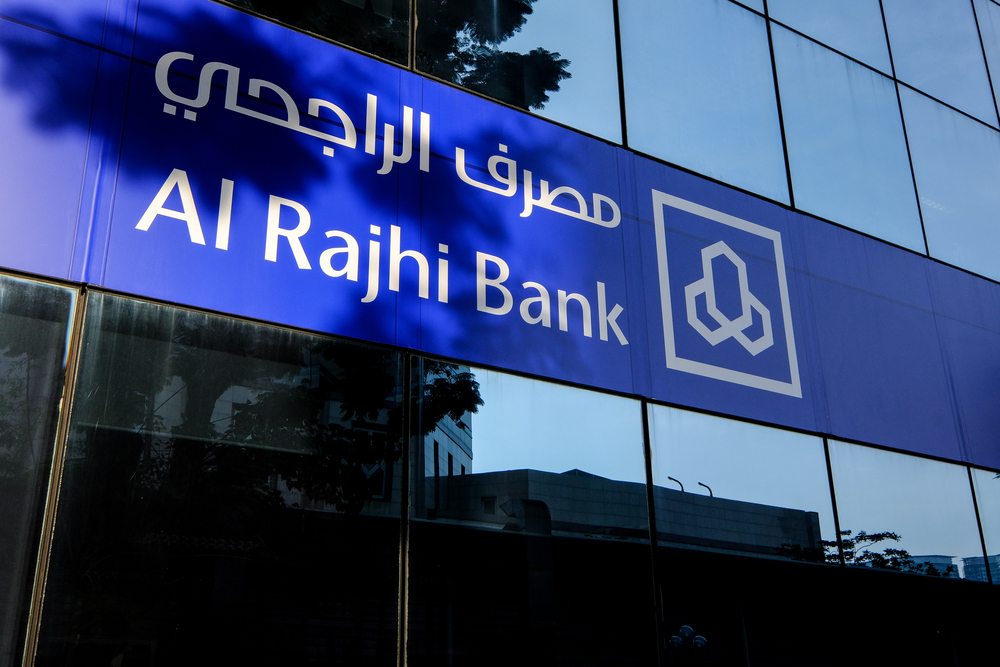RIYADH: Saudi Islamic banks are poised to maintain a robust performance this year and in 2025, buoyed by non-oil economic growth and favorable operating conditions, a new report stated.
According to Fitch Ratings, these banks leverage a substantial retail customer base which helps improve profitability, secure lower-cost funds, and maintain high-quality, diversified assets.
In the Kingdom, where all residential mortgages must comply with Islamic law, strong demand for Shariah-compliant financial products leads individuals to Islamic banks for mortgages and other services, thereby increasing deposits.
“In general, financing growth has outpaced lending over the past few years, supported by the requirement for residential mortgages to all be Shariah-compliant. Islamic banking is dominant in Saudi Arabia, with the largest proportion of Islamic financing (85 percent) of any country that allows conventional banks to operate alongside Islamic banks,” the agency added.
Customers’ trust in Islamic banking principles further encourages them to deposit funds in banks that uphold these values. Additionally, mandatory Shariah compliance for mortgages also solidifies Islamic banks as the preferred option for such financing.
Asset quality
According to the report, Islamic banks demonstrate a better impaired financing ratio compared to conventional banks, attributed to their lower exposure to risky corporate financing. This ratio stood at 1.5 percent for Islamic banks, contrasting with slightly over 2 percent for conventional banks.
Islamic banks also improved their impaired financing ratio from 1.7 percent in 2022 to 1.5 percent in 2023, indicating enhanced loan performance.
This progress was bolstered by robust financing growth, which facilitated portfolio diversification and reduced overall risk. Favorable economic and regulatory conditions further supported these gains, leading to better borrower performance and reduced default rates.
This key financial metric, also referred to as the non-performing financing ratio, is used to evaluate the quality of loans within banks or financial institutions. It specifically measures the proportion of loans that are experiencing difficulties or are at risk of default.
Profitability
According to the agency, Islamic banks show higher profitability with operating profit relative to risk-weighted assets exceeding 3 percent, compared to approximately 2.5 percent for conventional banks.
In 2023, sector profitability remained stable at high levels, despite facing increased funding costs that offset the benefits from credit growth and reduced impairment charges.
Islamic banks stood out with profit exceeding that of conventional banks, largely due to their ability to maintain higher margins supported by lower funding costs.
This advantage stemmed from their strong retail franchises, which attracted a larger base of non-profit-bearing deposits compared to conventional banks. These stable and cost-effective funding sources allowed Islamic banks to sustain profitability levels above their counterparts, highlighting their resilience in a challenging financial environment.

Fitch Ratings produced the report analyzing the Saudi Islamic banking sector. Shutterstock
Capital levels
Islamic banks maintained a strong capitalization with an average common equity Tier 1 ratio of 16.4 percent as of the end of 2023, closely aligned with conventional banks’ ratio of 16.6 percent.
This ratio indicates robust core equity capital relative to risk-weighted assets, ensuring solid financial stability. Additionally, Islamic banks’ lower risk-weighted assets to total assets ratio of 70 percent — compared to 84 percent for conventional banks — reflects a strategic emphasis on retail banking and reduced off-balance-sheet activities.
These factors collectively enhance Islamic banks’ resilience by minimizing risk exposure and supporting sustainable growth amid challenging financial conditions.
Conventional banks’ capital adequacy ratio, which measures their financial health by comparing capital, including equity and reserves, to risk-weighted assets, ensuring sufficient capital to absorb potential losses, stood at around 20 percent, similar to Islamic banks.

Al Rajhi Banking stands out by having a more diversified retail deposit base than other institutions. Shutterstock
Funding and liquidity
As of the end of 2023, customer deposits constituted 80 percent of the funding for Islamic banks, slightly less than the 84 percent observed for conventional banks, the agency noted in its report.
Islamic banks saw their average financing-to-deposits ratio rise to 102 percent, up from 99 percent in 2022, indicating that their financing activities grew faster than their deposit base.
Fitch Ratings noted that deposit concentration, where a substantial proportion of a bank’s deposits originates from a limited number of depositors or sources, tends to be prevalent among Islamic banks.
However, Al Rajhi Banking and Investment Corp. stands out due to its advantage of having a more diversified retail deposit base.
Despite challenging financial conditions, Islamic banks have effectively managed liquidity, supported by increased availability of government sukuk and liquidity-management tools provided by the central bank.
These measures ensure that Islamic banks maintain adequate liquidity levels to meet their financial obligations and operate smoothly amidst fluctuating market conditions.
According to another June report from the agency focusing on emerging markets debt, Saudi Arabia is actively working to expand and strengthen its sukuk and debt markets.
This strategic initiative is primarily motivated by the Kingdom’s need to address budget deficits effectively. By deepening these markets, Saudi Arabia aims to not only raise essential funds to bridge fiscal gaps but also to foster greater liquidity and diversification within its financial sector.
This approach not only supports the government’s financial planning and infrastructure development goals but also strengthens the overall resilience and attractiveness of the Kingdom’s capital markets on a global scale.
Saudi Arabia’s sukuk and debt capital market have demonstrated robust growth, with annual increases of 7.9 percent overall and 9.6 percent for unlisted issuances, as reported by the Capital Markets Authority in the same month.
The market size for unlisted sukuk and debt expanded from SR72 billion ($19 billion) in 2019 to approximately SR105 billion by 2023. Corporate sukuk and debt reached SR125 billion by 2023, up from SR95 billion in 2019, with the number of issuing companies tripling.
Government contributions dominated, comprising 70 percent of the market at SR529.8 billion by 2023. Market activity surged, with traded value hitting SR2.5 billion and transactions rising to 36,961.
The Capital Market Authority aims to enhance market attractiveness through regulatory improvements and infrastructure expansions, supporting economic diversification and international investor interest in Saudi Arabia.
According to Fitch Ratings, in 2024, GCC countries, Malaysia, Indonesia, and Turkiye have significantly increased their issuance of US dollar-denominated debt within emerging markets, collectively accounting for 51 percent of total EM dollar debt, up from 43.7 percent in 2023 and 32.8 percent in 2020.
This rise reflects governmental efforts to develop debt capital markets, diversify funding sources, finance fiscal deficits, and manage maturing debts. Sukuk, a pivotal Islamic financing tool, comprised 12.4 percent of EM dollar debt issuance during this period.
Their inclusion in global bond indices has bolstered demand from international investors, prompting Fitch to upgrade ratings for several countries due to improved fiscal outlooks and investor-friendly policies.
Outlook
In Fitch Ratings’ outlook for 2024 and 2025, Saudi Islamic banks are anticipated to maintain robust standalone credit profiles.
This strength is bolstered by high oil prices and favorable operating conditions. However, strong credit growth is expected to exert pressure on banks’ capital, funding, and liquidity positions.
To mitigate these pressures, Islamic banks are likely to diversify their funding sources beyond traditional deposits. This diversification includes increasing reliance on wholesale funding options such as sukuk issuance, which are expected to play a larger role in their funding mix.
Despite this shift, deposits are anticipated to remain the primary and most stable source of funding for Islamic banks. Overall, while facing challenges related to capital, funding, and liquidity, Saudi Islamic banks are poised to uphold strong credit profiles supported by favorable economic conditions and strategic funding diversification efforts.



















